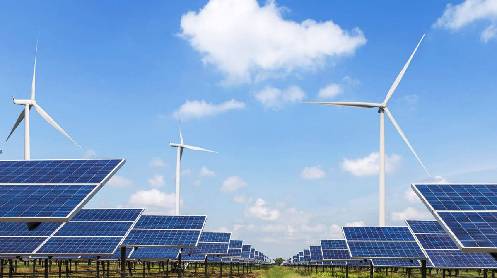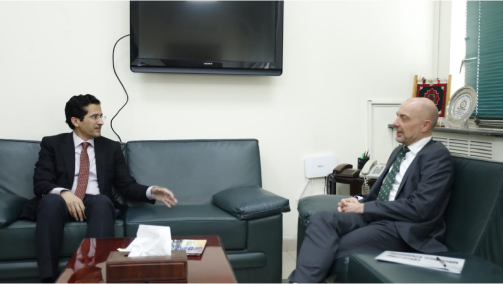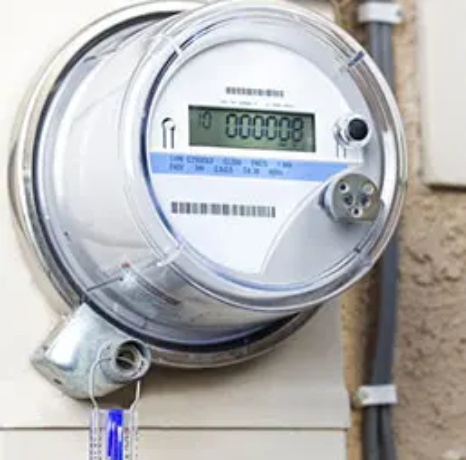While Pakistan’s drive to maximize its power production based on clean and green energy resources often faces serious obstacles but perhaps never before clean energy was theft.
Unidentified armed men recently barged into a farmhouse in the Memon Goth area of District Malir, Karachi late in the night.
They held hostage the farmhouse staff at gunpoint. They tied their legs and hands before locking them in a room at the farmhouse.
The armed dacoits later took with them over 60 goats, over 100 solar plates, and the inverter of the solar system.
The robbers reportedly showed exceptional expertise in stealing the solar panels and the inverter.
The area police later started an investigation into the incident to catch the criminals.
The incident showed that renewable energy equipment and technology have fast become highly expensive commodities with the constant rise in inflation. The installers of green energy systems should duly take safety and security precautions to protect them from theft.
Earlier, newly imported invertors worth millions of rupees were stolen in a daring heist by unidentified robbers from a warehouse near Port Qasim in Karachi.
Some of the stolen renewable energy equipment was later recovered hundreds of miles away from Karachi that too after the involvement of the security agencies.
The government should ensure security to the costly assets and properties of renewable power companies and such equipment installed after their sales as more such instances would cause irreparable damage to the cause of the promotion of green energy in the country.
Theft of Green, Clean Energy





